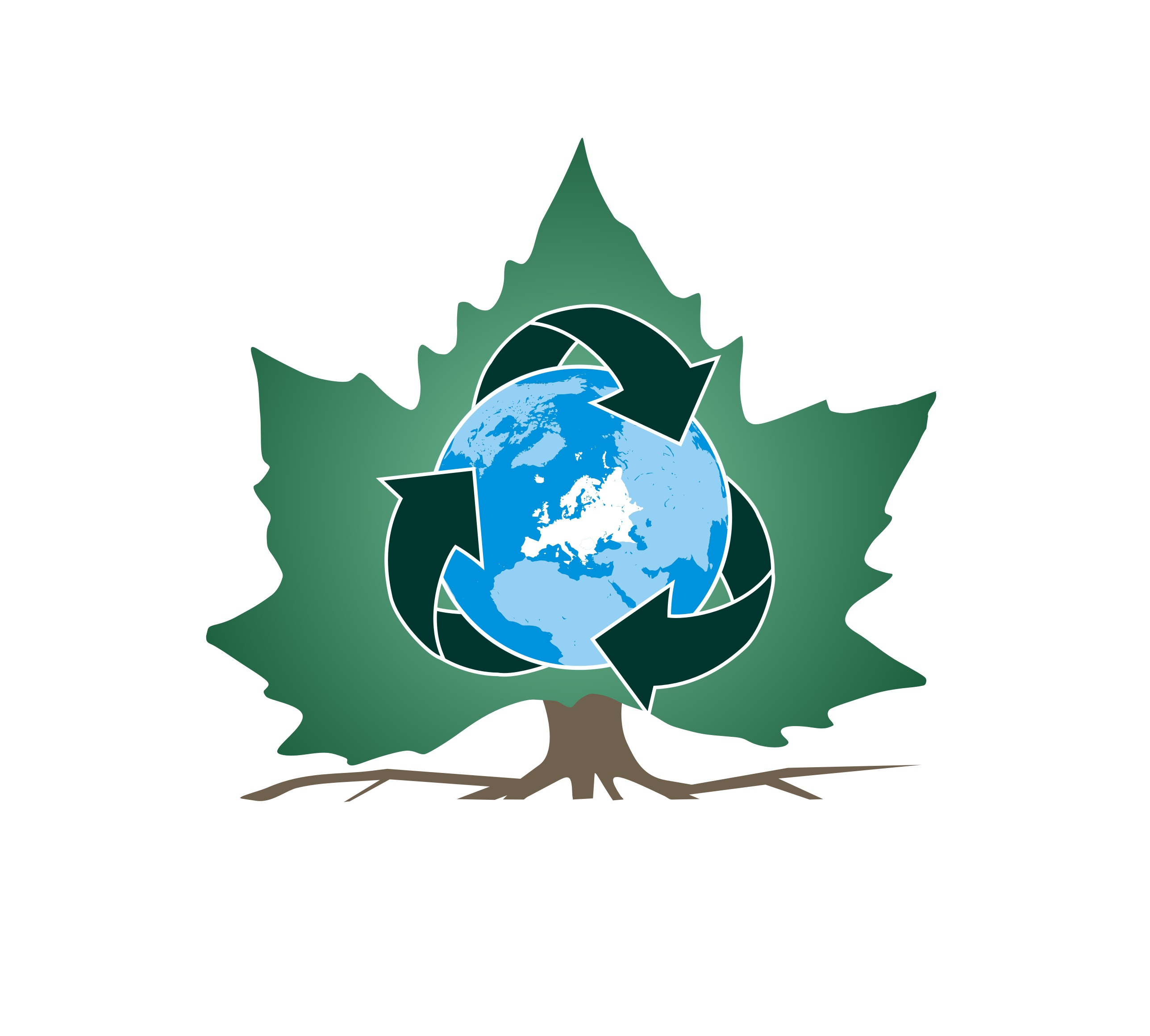- Home
- About Us
- Scientific Departments
- Laboratories Department
- Environmental Quality Assessment
- Waste Management
- Natural and Technological Hazards
- Numerical Modeling And Geographic Information Systems
- Impact of Built Environment and Nanomaterials
- Engineering For Environmental Protection And Impact Assessment
- Climate Change And Sustainable Development
- Biodiversity And Ecosystem Dynamics Department
- Management Of Natural Resources And Green Energy
- Research activity
- Projects
- Reports
- News
- Contact
Innovative Technologies For Irrigation Of Agricultural Crops In Arid, Semiarid And Subhumid-Dry Climate (SMARTIRIG)

The encouragement of treatment and recycling technology as well as intelligent and sustainable management of water resources represent viable solutions as regards the concerns and actions meant for the harmonisation of modern societal necessities to ensure a vital resource. On the other hand, energetic plants have gained the interest of specialists and national authorities which support the use of biomass-based heat sources and the development of production and distribution systems for biogas at community level. The elaboration of an innovative technological solution and the execution of a modular station for tertiary treatment of wastewater with high content of organic substances and nutrients resulting from livestock with the purpose of using the effluent for the irrigation of energetic crops is the main scope of our project, which is addressed to the economic environment and approaches an alternative to the conventional wastewater treatment and disposal methods. The use of this type of wastewaters in agriculture after their treatment using advanced methods (electrochemical oxidation, UV degradation, ozonization etc.) has an advantage in many areas with arid climate where the sources of water supply are scarcer and the necessity to consider any other useful source arised, in support to economic and social growth of the area.
- Project Partners
University Politehnica of Bucharest, Biotechnical Systems Research and Development Centre (UPB, CCDSB)
University of Agronomic Sciences and Veterinary Medicine of Bucharest (USAMVB)
Research and Development Centre for the Plant Culture on Sands Soils Dăbuleni (SCDCPN) - Responsibles for the project
Project coordinator: PhD. Eng. Carmen TOCIU, CS II
Scientific Coordinator: Eng. Maria Cristina, CS I
- Period
Aprilie 2018 – Octombrie 2020 (Ongoing) - Financed via
Government budget
PNCDI III – Program 1 – Developing national CD,Subprogram 1.2 – Institutional performance,Complex projects completed in consortia CDI (2017).
Obiectives
The overall objective of the project is to increase the institutional performance in research and development of the consortium partners in the field of innovative technologies for the intelligent use of conventional and unconventional water resources in arid climate zones or critical areas threatened by desertification and mitigation of climate change impacts. The project proposes the development and testing of an innovative technological solution for the advanced treatment of wastewaters resulting from zootechnical farms for its use in the fertilization of agricultural crops.
O1. The analysis of contaminants from wastewater containing organic substances and nutrients and treatment methods in order to use the resulting effluents for irrigation of agricultural crops
O2. Solutions for pollutants removal from wastewater containing organic substances and nutrients using advanced treatment methods in the purpose of reusing the effluents in agriculture. Design of an innovative modular experimental installation for wastewater treatment in the purpose of reuse for irrigation of energetic crops.
O3. Construction of experimental model and performance demonstration of the innovative modular experimental installation for wastewater treatment in order to obtain effluents suitable for irrigation of energetic crops. Application of advanced treatment solution to irrigation of energetic crops.
Results
- Scientific review on the discharge of in the environment and treatment methods of wastewater
- Experimental study on the advanced treatment methods and selection of technological solution for wastewater treatment
- Experimental demonstrator: design, execution and operation
- In situ testing of the model and utility demonstration of wastewater treatment solution
- Investigations on the effluent impact on plants and soil
